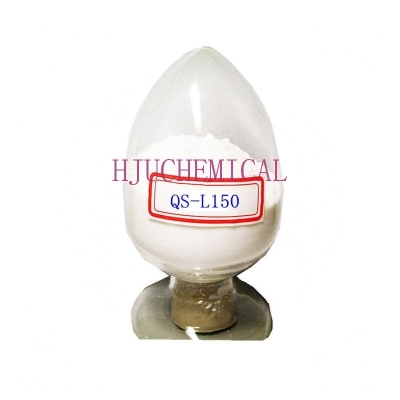-
Categories
-
Pharmaceutical Intermediates
-
Active Pharmaceutical Ingredients
-
Food Additives
- Industrial Coatings
- Agrochemicals
- Dyes and Pigments
- Surfactant
- Flavors and Fragrances
- Chemical Reagents
- Catalyst and Auxiliary
- Natural Products
- Inorganic Chemistry
-
Organic Chemistry
-
Biochemical Engineering
- Analytical Chemistry
-
Cosmetic Ingredient
- Water Treatment Chemical
-
Pharmaceutical Intermediates
Promotion
ECHEMI Mall
Wholesale
Weekly Price
Exhibition
News
-
Trade Service
A few days ago, the Group of Twenty (G20) summit held in Osaka, Japan adopted the "Osaka Declaration", in which the G20 member states unanimously adopted the "Blue Ocean Vision" plan, aiming to achieve "zero discharge of marine plastic waste" by 2050.
After entering the 21st century, microplastic marine pollution has attracted widespread attention from the international community as a new type of polluti.
This kind of microplastic particles with a particle size of less than 5 mm can adsorb a large number of bacteria in the oce.
Although there are many national or regional laws or conventions to prevent and control microplastic marine pollution, we should be aware that the four oceans are connected without boundaries, and the flowing seawater means that microplastic pollution is a common problem faced by all manki.
At present, in the "bottleneck period" of global economic governance development, the G20 Energy and Environment Ministers' Meeting has reached a consensus on building an international framework to promote the reduction of marine plastic waste, which fully shows that global climate and environmental governance can become a breakthrough for strengthening international multilateral cooperati.
China has a maritime territory of 3 million square kilometers and a coastline of 18,000 kilomete.
As a responsible major country, China should start from itself to reduce the formation of microplastic pollutants at the source, and at the same time assume the important responsibility of promoting the development of multilateral cooperation in global marine pollution contr.
For China, it can take advantage of the momentum that WTO members have started to formulate e-commerce rules and G20 members have adopted the "Blue Ocean Vision Plan", at the upcoming 15th Conference of the Parties to the Convention on Biological Diversity in 202 , as the organizer to promote countries to further clarify the specific indicators for the control of marine microplastic pollutants and incorporate them into the conventi.
When participating in the prevention and control of marine microplastic pollutants, China can also refer to the experience of global climate governance and promote international multilateral cooperati.
Although the control of marine microplastic pollution still requires more scientific research investment and practical experience, just as controlling the "greenhouse effect" can start with afforestation, China leads the marine microplastic pollution control and promotes multilateral cooperation, which can start from restricting the use of single-use plasti.
Today, with the emergence of unilateralism and trade protectionism among major powers, capturing the positive signals of multilateral cooperation released by various countries in addressing environmental and climate issues is an important breakthrough point in combating the development of anti-globalizati.







